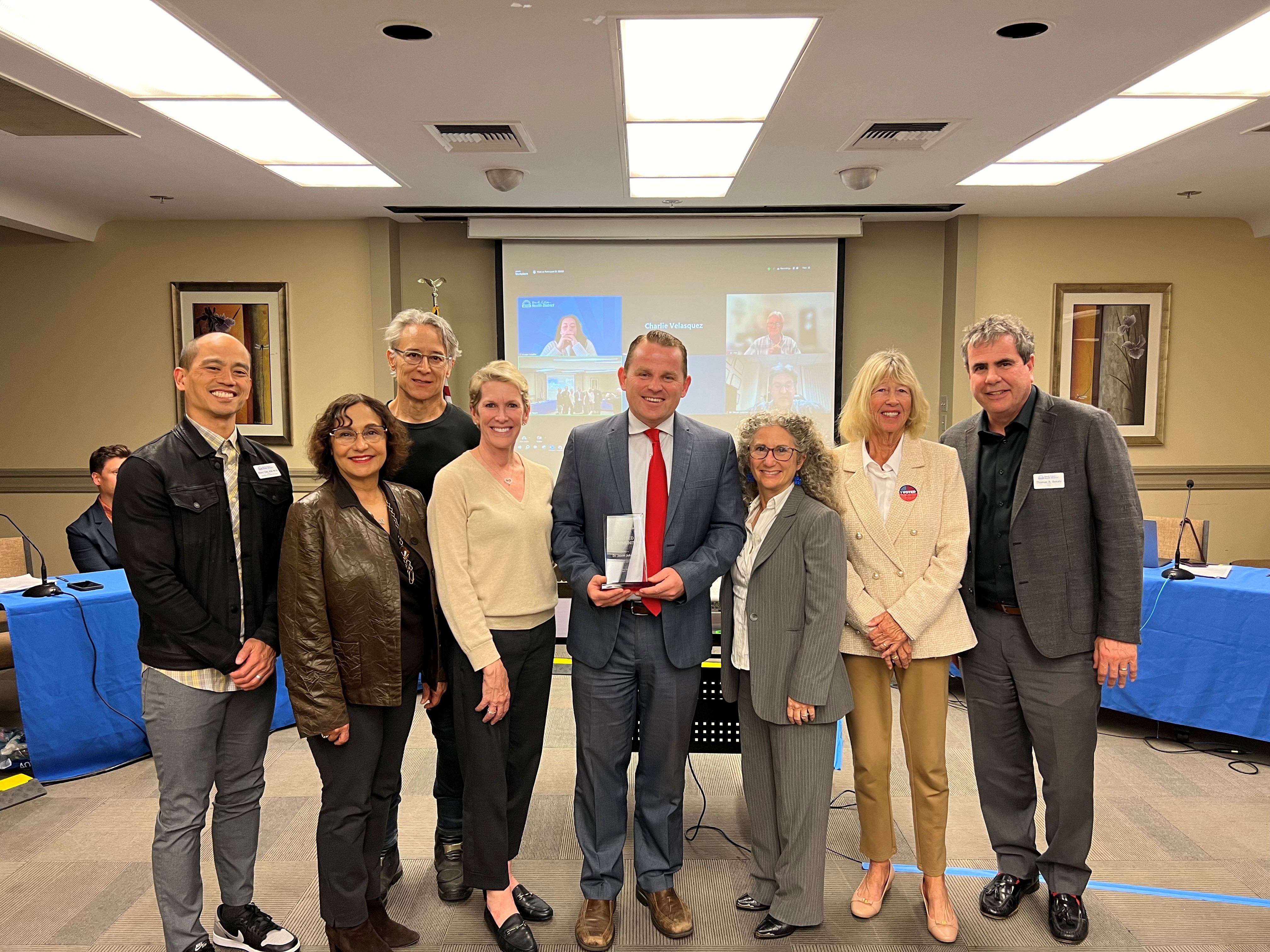
We have an aging population and we have the sickest population in the world. Undeveloped countries suffer from parasites and diseases of poor sanitation. We suffer from “diseases of lifestyle affluence.” These include cancer (colon, lung, breast, leukemia, stomach and liver), diabetes, coronary heart disease, and chronic respiratory diseases.
The most common causes of death and disability in our country (heart disease, diabetes, stroke and various forms of cancer) are preventable and even reversible using a well-planned, plant-based diet. Our most common diseases are slow-moving and require years of expensive treatment that rob patients and their entire families of a good quality of life.
These diseases silently grow inside sufferers for years while they eat the standard American diet. We see preteens with evidence of cardiovascular disease. We see obesity and diabetes in young children. There is not a medical treatment that can address these diseases without also requiring the patient to vigilantly adopt lifestyle changes that they should have adopted years ago.
I don’t feel pessimistic, but I do feel frustrated when I see patients who smoke and eat poorly, go in for heart surgery, and then refuse to change their lifestyle. The healthcare system in our country cannot afford this cavalier attitude. In 1997, the annual economic cost of diabetes according to the American Diabetes Association was $98 billion. And it’s gotten much worse. But the toll in terms of personal suffering for people is even greater — that’s what pains me the most. Diabetes is tied to blindness, kidney disease, nervous system disorders, dental diseases, and lots and lots of limb amputations. It’s preventable. I’m not pessimistic but I feel a sense of urgency and I want you to feel it, too.
Good health starts with what we put in our mouth each and every day. Adults are in complete control of that. Our children are dependent on us to make good decisions for them. People are starting to join together to support each other in making these changes. Whole Foods has started a “health starts here” initiative with free weekly classes to help people learn how to eat for good health.
I see hope for the future of our community’s healthcare because I see more and more people realizing that their diet has a huge impact on their health. Diet has a larger impact than their genetic makeup. Scientists are able to take mice who are genetically engineered to get cancer, and to turn on and off the development of that cancer, using diet alone. Read the book, The China Study by T. Colin Campbell for more information on these studies. Genes express themselves (or not) based on the environment that they are in. That environment is determined by your diet.
“Lifestyle medicine” is a growing area. It focuses on the relationship between health, disease, and lifestyle factors, such as diet, exercise and smoking. It’s a fancy name for what we have known all along, but have been ignoring. Blame it on our increasingly busy schedules, aided by marketing from the packaged food industry, which would like us to buy more of their often unhealthy products. Sometimes I think whole, plant-based foods just need a better lobbying group.
Your physician may know all of this, but he or she is unable to be your sole educator on this issue. We don’t get to spend as much time as we would like with patients. That’s just the nature of the supply and demand for medical care right now. So we welcome patients who are proactively studying how to plan and eat a healthy, low-fat, plant-based diet. We welcome the opportunity to connect people to resources to help them so they don’t have to make that journey alone. There is a support group in the South Bay of people who are learning to efficiently plan and eat a healthy plant-based diet. You can join by sending an email to south-bay-plant-strong-subscribe@yahoogroups.com.
Healthcare reform and increased access to healthcare have many unresolved. Many of those factors are not within control. Our diet and lifestyle are. We need to focus on them, on a daily basis. Each decision adds up, so consistency matters. Meet with your physician and get a complete physical so you can see exactly which areas of your health you need to address. Then, seek out the information and the support you need to make those changes. When you wonder what the future of healthcare looks like, look in the mirror. It starts and it ends with you. Your medical team is here to support you, but you’re in the driver’s seat.
Keyvan Hariri, MD practices family medicine at the Providence Little Company of Mary Medical Center, Manhattan Beach. ER








